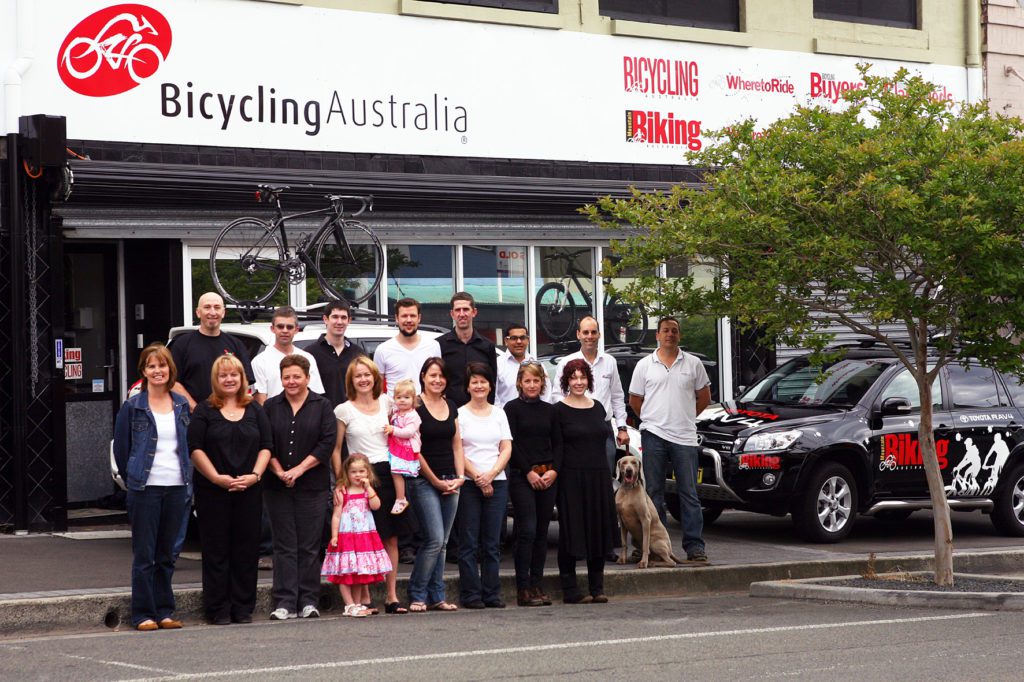
by Phil Latz
Hi, welcome to the fifth blog in my personal growth series that I hope will help you become more successful in your business.
As a business owner myself for many years, I understand the challenges that you face.
Today I’ll be sharing with you about work/life balance.
I’m going to challenge some ideas you may have relating to this topic.
Government surveys show that self-employed business owners on average work longer hours than typical wage earners.
You don’t have to scratch too far beneath the surface with many business people before you’ll hear a comment like, ‘I know I should be spending more time with my family’ or ‘I wish I could spend more time with my family.’
Sometimes that’s followed by a justification such as, ‘Still, I’m doing all this for them.’
If you’ve got kids, especially younger kids, they really don’t care how much money you make in your business. The thing they most want from you is your time and attention. Don’t fall into the trap of thinking that any sort of toy, or electronic device, no matter how expensive or fancy, is an equal substitute.
On the other hand, you don’t need to feel guilty about enjoying your work. After all, isn’t that one of the reasons we started our own business? Some of us feel like we’re hard-wired for business. We’re driven. If you’re like that, then taking a year off to look after your kids full time will be a year of frustration.
Clearly, every individual and family needs to find the balance that’s right for them. That’s why it’s called a work/life balance.
Swing the scales too far in one direction and you might be spending lots of quality time with your family until the day the bank repossesses your house because you haven’t been making any money to pay the mortgage.
But you don’t want to swing too far towards the other extreme. What’s the point of working long hours, building a huge business and making millions if one day you come home to a large, but empty house? I’ve always considered one of my best business achievements has been to maintain a good relationship with our family throughout these decades, not to mention staying married for 35 years and counting.
How can you ensure that the same is true for you?
I’m going to look at two aspects, work time and then family time, before bringing the two together.
My first tip is that regardless of what you’re doing, live fully in the moment. When you’re at work, try to fully focus upon that and try to limit distractions from your personal life.
Likewise, try not to take your work home. Especially late at night. That’s a recipe for poor sleep and ongoing stress-related problems.
When you’re at work, make the most of every moment. In the next two videos, I’ll be sharing proven techniques for effectively allocating your work time, but for now, I’ll just talk about one. It’s something used by ActionCOACH called the Fun/Skill matrix.
Imagine a chart with the origin point representing tasks that are low fun and require a low skill. Fun increases along the vertical axis and skill along the horizontal axis.
What tasks should you be spending the most time on? The ones in the far top right corner. They’re the tasks that you both enjoy most, because we invariably become good at what we enjoy, and that bring the greatest value to your business. These will be higher level, higher skill tasks.
Meanwhile, look at those tasks closest to the bottom left corner of your matrix. You don’t enjoy them and they’re lower skilled tasks. Hire new staff or delegate to existing team members to do these tasks.
You don’t have to wait until you can afford to employ permanent staff to start doing this. Think laterally. There are plenty of offshore virtual assistants, contractors and automated systems and other effective ways to stop low level, unenjoyable tasks clogging up your day.
Remember, you can always make more money but you can’t make more time. No matter how wealthy you are, you’ve still only got the same 24 hours in every day. Successful business people are never afraid to spend money to save them time, of course always in a calculated, rather than reckless manner.
Now let’s talk about family time.
Here’s one of the best decisions that my wife and I made, a few years after starting our second business.
I had been working long hours for about three years bootstrapping our media business from scratch, with only about a week off for holidays each of the first two summers.
We decided that we’d restructure our publication schedule so that we could take a full month-long block off work every summer.
I still worked hard for the other 11 months of the year. In fact, having such a refreshing break let me work harder and not burn out. Meanwhile, our family enjoyed great holidays. We always went away for most, if not all of this time every year. When our youngest daughter finished high school and turned 18 we booked what we thought would be our final family holiday, a big five week tour of Europe.
But by then our family holiday is so much part of our DNA that we just kept on having them. The only differences are that our family is bigger now, with sons in law and grandchildren so we take shorter holidays and don’t travel too far because that best suits our family’s current situation.
Another key to keeping your closest personal relationships strong is a concept that author Stephen Covey calls your emotional bank account.
You have an emotional bank account with each relationship in your life. On any day you’re making deposits or withdrawals from this account, usually small ones.
Sometimes you can’t avoid a withdrawal. ‘My plane home has been delayed. Sorry, but I’m going to miss Mary’s birthday party.’
As long as you’ve been making regular deposits, there won’t be any long term harm done by this sudden withdrawal.
How do you make deposits? By understanding the other person in each relationship, keeping commitments, clarifying expectations, attending to the little things, showing personal integrity and apologising when you do have to make a withdrawal.
Life doesn’t always have to be clearly divided into work time and family time. Sometimes you can create a third way where you can genuinely combine family and business time in a mutually beneficial way.
Many years ago, a good business acquaintance of mine who we’ll call Fred did just that.
Fred enjoyed sailing on the weekends, whenever his busy work schedule allowed. One day he suddenly suffered a serious injury that required him to be put into traction. There he was, one day flat out working, the next day flat on his back, immobilised in hospital for something like six weeks straight.
Fortunately, he fully recovered. Soon after Fred left his company, sold his house in the big city, moved his family thousands of kilometres to start a new life running a yacht chartering business in a tropical paradise.
‘You get a lot of time to think about what you really want to do when you’re just lying there in hospital,’ he said.
Not everyone can follow Fred’s path, or would even want to. But the key is to not think that you’re obliged to work in a job or business that you don’t really enjoy and that you’ll only be able to really do what you want when some magical ‘retirement’ date finally arrives.
As one wise person once said, ‘You’re already retired if you’re doing what you want to do.’
I hope that this blog has given you some useful ideas about how to successfully navigate the work/life balance challenge.
In the next two blogs in this series, I’m going dig deeper into how to make the most effective use of your time.
I believe that with passion, consistent effort and wise advice you can succeed in your business.
I wish you all the best and I’ll see you next time.


